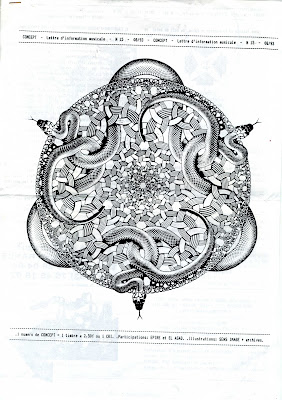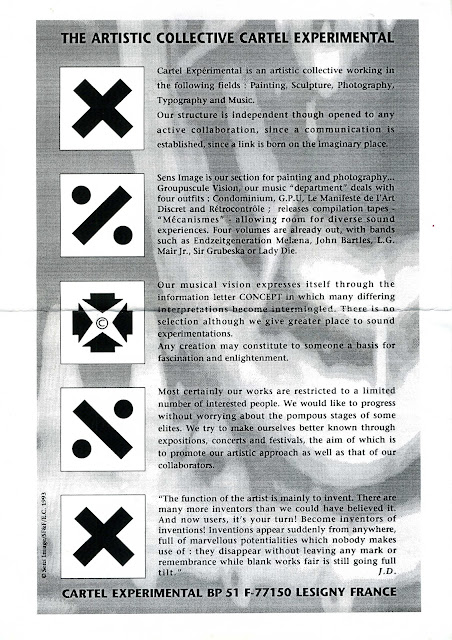The band Lunatic Fringe was conceived at what was known at the time as
‘Monks Park Secondary Modern’, in North Bristol in 1979. In a scenario
which admittedly sounds clichéd, but which was at the time surely being
repeated in schools and youth clubs throughout the U.K., a group of
disaffected teenagers from dysfunctional families found a common cause
and a means of self-expression and escape through Punk Rock music.
Already pronounced ‘dead’ as a movement by media commentators, in
fact a second generation of punk bands were at the time enjoying
mainstream coverage and were playing the length and breadth of the
country, spreading the punk message to a much larger audience than it
had previously reached. This ‘we’re doing it, so can you’ doctrine
provided the inspiration for us to form a band, regardless of the fact
that none of us could play, let alone own, any musical instruments at
this stage. It was just something that we felt compelled to do, for
better or for worse.

The name for the band was kindly provided by a head teacher, who
one day misguidedly announced at a morning assembly that he believed
that the ‘Lunatic Fringe’ elements would soon be departing at the end of
the school year. As we perceived that a ‘presence’ was in fact still
going to be maintained in the school, we decided to appropriate his
phrase as a band name. With that sorted, the group began to take shape
over the next 12 months as equipment was acquired and a stable line-up
evolved. The band managed to achieve a basic competency, playing covers
of favoured bands such as Buzzcocks, Sex Pistols and Stiff Little
Fingers, plus ‘Wild Thing’ (more The Goodies than The Troggs version).
We were keen to write our own material though, and by mid-1980 had put
together a small set consisting of about half covers and half originals.
There never seemed to be any question about lyrical inspiration.
We were all becoming socially aware, and were angered and frustrated
at the hypocrisy, brutality, injustice and racism that we perceived our
society to be founded upon, and it made sense to articulate this
frustration through our songs. In addition, many will recall that at
the time adopting a punk lifestyle meant living with the constant threat
of physical and verbal aggression, not least from the police, as well
as blanket banning from pubs, cafes and music venues. Situations we
were encountering on a daily basis would therefore also influence our
lyrics, as was the case with many of our contemporaries.(excerpt taken from Bristol Archive Records) click me




















